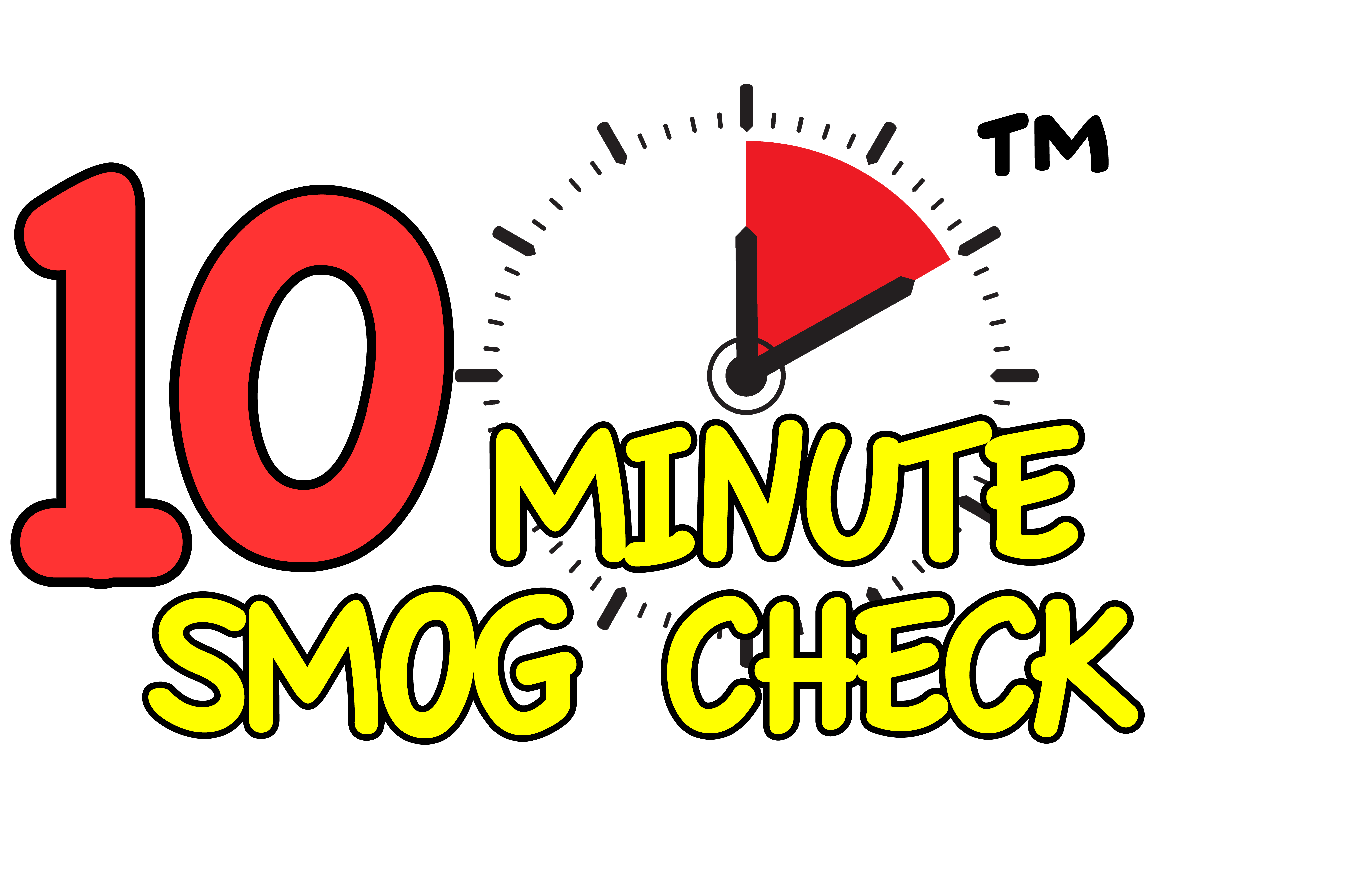The Impact of California's Smog Check Program: Running on Fumes?
- Joe

- Mar 11, 2025
- 3 min read
Updated: Mar 12, 2025
Speculation on Replacing California's Smog Emission Program with Vehicle Safety System

This note explores the potential implications of the Transportation Freedom Act on California's vehicle regulatory landscape, particularly the possibility of replacing the smog emission program with a vehicle safety system. Given the current time, March 12, 2025, we base our analysis on recent legislative proposals and existing state programs.
Understanding the Transportation Freedom Act
The Transportation Freedom Act, introduced by Senator Bernie Moren, seeks to alter federal emissions regulations significantly. Key provisions include:
Providing a 200% tax deduction for wages paid to American auto workers up to $150,000.
Repealing the EPA’s tailpipe rule, which mandates 67% of new cars be electric by 2032.
Revoking California’s zero-emission vehicle mandate.
Mandating stable emissions and fuel economy standards from 2027-2035.
Eliminating vehicle emissions waivers, which allow California to have stricter standards than federal law.
These changes could undermine California's ability to enforce its own emissions regulations, as detailed in sources like Transportation Freedom Act California
Current California Smog Check Program
California's Smog Check Program, administered by the Bureau of Automotive Repair, requires vehicles manufactured in 1976 or later to participate in biennial smog checks in certain counties. The program's aim is to reduce air pollution by ensuring vehicles meet emissions standards, as outlined in California Smog Check Program and Smog Inspections - California DMV. Exemptions exist for vehicles eight model-years old or newer, which pay a smog abatement fee instead.
Recent updates, such as the Clean Truck Check (CTC) regulation starting January 1, 2025, indicate ongoing efforts to evolve emissions testing. However, the Transportation Freedom Act could disrupt these efforts by aligning state standards with potentially less strict federal ones.
Vehicle Safety System Inspections
The vehicle safety system inspections, detailed in Vehicle safety systems inspections, are a separate program focusing on safety components like brakes, lights, and other systems, primarily for revived salvage vehicles. This program, launched with anticipated commencement in summer 2024, is part of broader efforts to enhance road safety. Unlike smog checks, these inspections do not currently cover emissions but ensure vehicles are safe for road use.
Speculation on Replacement
If the Transportation Freedom Act passes, California might face challenges maintaining its smog check program due to the revocation of emissions waivers. This could lead to speculation that the state might replace the smog emission program with an expanded vehicle safety system, focusing on safety rather than emissions. This shift could align with the state's Safe System approach, which prioritizes eliminating crashes resulting in death and serious injury.
However, replacing a program focused on emissions with one on safety is not a direct swap, given their different purposes. The smog check program addresses air quality, while vehicle safety inspections ensure road safety. A potential scenario could involve integrating both into a comprehensive inspection program, though this is speculative and not currently supported by official announcements. Businesses like Joe's Drive Thru Smog Check, a STAR certified station, might need to adapt by offering safety inspections, as suggested in Find a Smog Station | CA.gov, which lists various station types but does not confirm overlap with safety inspections.
Impact on Joe's Smog Check
For Joe's Smog Check, the potential elimination or modification of the smog check program could threaten their current business model. They might consider expanding services to include vehicle safety system inspections, requiring technician training and new equipment, as outlined in Vehicle Safety Systems Inspection Station Checklist. This adaptation could help maintain relevance, especially given the ongoing implementation of safety inspections.
Table: Comparison of Smog Check and Vehicle Safety System Inspections
Aspect | Smog Check Program | Vehicle Safety System Inspections |
Purpose | Reduce air pollution through emissions testing | Ensure vehicle safety for revived salvage vehicles |
Frequency | Biennial for most vehicles | Required for specific vehicles (e.g., salvage) |
Coverage | Emissions (e.g., HC, CO, NOx) | Safety components (e.g., brakes, lights) |
Administered By | Bureau of Automotive Repair (BAR) | Bureau of Automotive Repair (BAR) |
Current Scope | All vehicles 1976+ in participating counties | Limited to revived salvage vehicles |
Potential Expansion | Could be reduced if act passes | Could expand to replace smog checks, speculative |
Conclusion
While the Transportation Freedom Act's passage could lead to significant changes in California's vehicle regulatory framework, replacing the smog emission program with the vehicle safety system remains speculative. Joe's Smog Check and similar businesses should monitor legislative developments and consider adaptive strategies to ensure continuity. Further research and official statements will clarify these potential shifts, but the evidence leans toward a possible reorientation toward safety inspections if emissions regulations are relaxed.



